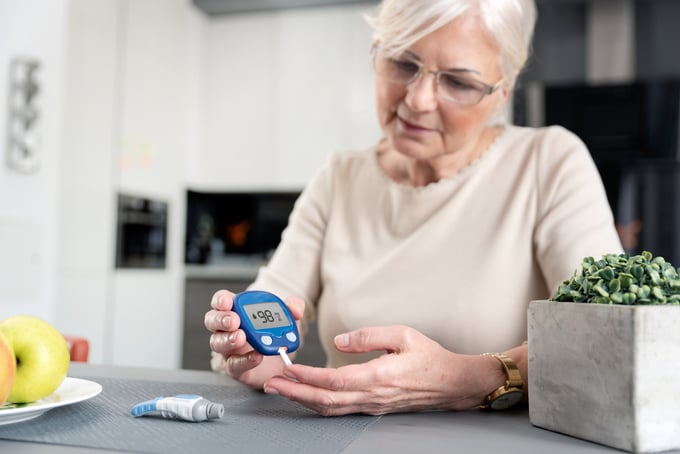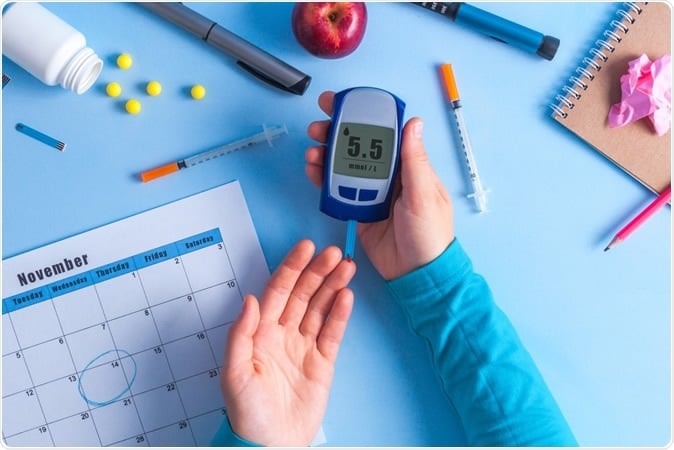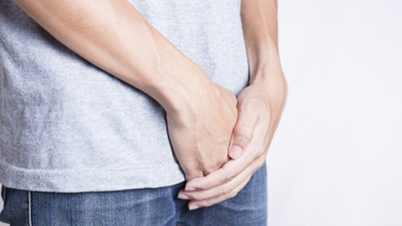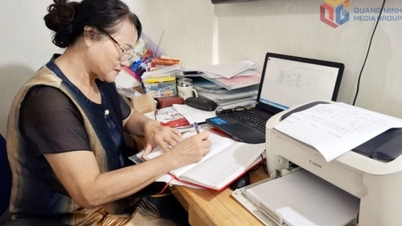Prolonged heat not only makes normal activities difficult, but can also cause health conditions in some people, such as high blood sugar. In addition, it can cause heat stroke, aggravate heart disease and cause high blood pressure. The hot summer temperatures also affect the blood sugar levels of diabetics, making it difficult to control and easy to become dehydrated.

How to regulate blood sugar naturally during a heat wave (Illustration photo)
Monitor blood sugar levels
A diabetic patient must always monitor his blood sugar levels. This is a way to avoid the effects during peak summer, especially if he has to spend long hours outdoors or if his job requires him to work in direct sunlight.
Keep your body hydrated
The key to staying healthy during a heatwave and controlling your blood sugar levels is staying hydrated. You can stay hydrated by drinking plenty of fresh fruit juices, eating fruits and young coconut water. However, make sure you do not drink fruit juices that contain artificial sweeteners as this will increase your blood sugar levels.
Protect skin from sun exposure
One of the reasons behind spikes in blood sugar is chronic stress. Stress can be caused by many things, one of which is skin problems caused by exposure to high temperatures. Sunburns and rashes are very common during the summer, but it also makes you stressed and affects your blood sugar. Make sure your skin is protected and your stress levels are low.
Balance your diet

Illustration photo
Heatwaves tend to severely impact appetite, leading to overeating or not eating at all. Both are unhealthy and can lead to spikes in blood sugar levels. So make sure you eat a balanced diet, eat regular meals and eat light, easily digestible foods.
Stay indoors or in the shade
Avoid exposing yourself to direct sunlight, stay in the shade or stay indoors. If you go out, cover yourself with a hat, long sleeves or sunscreen. However, avoid going out when the sun is at its hottest.
Bring a diabetes kit
If you have diabetes, you should always carry a kit. This kit should contain all the essentials such as glucose tablets or gel, snacks, insulin, syringes or insulin pens, a blood glucose meter, and emergency contact information.
-> What happens when the body is resistant to insulin?
Source: https://giadinhonline.vn/6-buoc-quan-ly-luong-duong-mau-trong-mua-nang-nong-d199147.html






































![[Photo] Solemn opening of the 12th Military Party Congress for the 2025-2030 term](https://vphoto.vietnam.vn/thumb/1200x675/vietnam/resource/IMAGE/2025/9/30/2cd383b3130d41a1a4b5ace0d5eb989d)
![[Photo] The 1st Congress of Phu Tho Provincial Party Committee, term 2025-2030](https://vphoto.vietnam.vn/thumb/1200x675/vietnam/resource/IMAGE/2025/9/30/1507da06216649bba8a1ce6251816820)
![[Photo] Panorama of the cable-stayed bridge, the final bottleneck of the Ben Luc-Long Thanh expressway](https://vphoto.vietnam.vn/thumb/1200x675/vietnam/resource/IMAGE/2025/9/30/391fdf21025541d6b2f092e49a17243f)
![[Photo] President Luong Cuong receives President of the Cuban National Assembly Esteban Lazo Hernandez](https://vphoto.vietnam.vn/thumb/1200x675/vietnam/resource/IMAGE/2025/9/30/4d38932911c24f6ea1936252bd5427fa)
































































Comment (0)